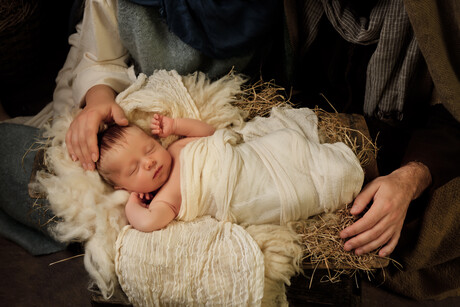You all probably know where the title of this article came from. It is the title of the theme song of Walt Disney’s Pinocchio, the 1940 animated hit film. The opening verse was sung by the character Jiminy Cricket and is quite memorable:
“When you wish upon a star
Makes no difference who you are
Anything your heart desires
Will come to you”
The song quickly became a classic. The American Film Institute rated it “seventh out of 100 of the greatest songs in film history.” In Nordic countries, it is even considered a Christmas song and is played every December. For Disney, it became so popular that it has become their corporate theme song.
It encapsulates ideas that Disney promotes. Happiness is found in personal dreams coming true. When you are not able to fulfill your dreams, it’s time to seek help. And that help often is found in sources of magic or in the stars, according to the standard format of these animations.
Such is the case in Disney’s most recent animated film, “Wish.” A fictional country called Rosas was established as a place where wishes came true, but not everyone's.
Enter the heroine Asha who goes over the head of the villainous wish-holding king and prays to the stars. Her theme song/prayer is one you could resonate with: “and so I make this wish to have something more for us than this!” She wishes for a better and more meaningful life for her world and the people in it.
Amen! Don’t we all wish for this? Asha has a point. Her only problem is where she goes with it. The stars? Which ones? The latest count of stars in our universe is around 400 sextillions! And scripture notes that God “calls them all by name” (Psalm 147:4). But they have no personality, no consciousness with which to respond. They are balls of ignited gasses, after all.
What about birthday cake wishes? “Make a wish before you blow out the candles.” It may well have ancient Greek origins with the round cake symbolizing the moon goddess, candles representing moonlight and smoke representing the prayers of the wishes ascending to the heavens. I also don’t remember hearing any Christianized story for birthday wishes.
The word “wish” shows up 47 times in the New King James Bible. Nowhere does it hint that wishing upon a star was a good idea, but there is one place where “wishing” and a “star” do make a story and it’s a Christmas story.
The magi from the east came seeking a wish coming true: they wanted to see Jesus and a star actually guided them to him. Theirs was a theology that thought heaven communicated with people on earth via stars. Because they had a pure wish to see Jesus, God drew them to His Son with a star’s help. Yes, it was an angelic choir as we find out later in the story, but these people wanted to see the Christ child.
That brings me to the best wish ever recorded in scripture: “Now there were certain Greeks among those who came up to worship at the feast. Then they came to Philip, who was from Bethsaida of Galilee, and asked him, saying, ‘Sir, we wish to see Jesus’” (John 12:20–21).
That’s my wish, especially at this time of year. All of these Gentiles were granted their wish. I want mine granted, too! Jesus is the true “Wish-Granter.” For in Him alone do we find the meaning of life and the opportunities for real personal growth, not with fame in mind for high achievement, but rather with the promise of overcoming all that limits us in this life drama.
“When you wish upon a star” you might as well be talking to yourself. Try instead to direct your wishes to the one who made the stars. You might be surprised to hear Him say: “What do you want Me to do for you?” (Matt. 20:32). I personally have several requests.









